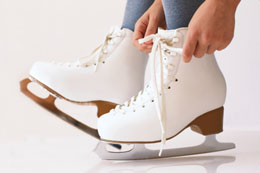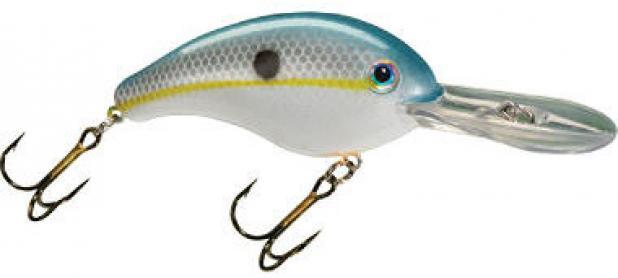Steps To Help You Equalize While Scuba Diving
One of the first things you learn when first take up scuba diving is how to equalize your ears. Being able to equalize the pressure in this sensitive area of your body is highly important. But what exactly does equalizing the pressure mean, why should you do it and how do you do it?
What Does Equalizing Pressure Mean and Why Should You Equalize?
As you descend in water, the pressure of water against you increases causing the air in your body to decrease in size. In small spaces in your body, such as the space within your inner ear, this pressure causes a squeezing sensation that can be come increasingly uncomfortable (or even painful) the deeper you dive. If you continue to dive without equalizing the pressure in your ear against the pressure outside of it, you risk causing damage to your eardrum.
Equalizing the pressure in your ear is the action of putting air into your inner ear to counteract increasing pressure from outside of it.
How Do You Equalize?
The most common way to equalize is known as the Valsalva maneuver. The Valsalva maneuver teaches you to pinch your nose so that no air can pass through your nostrils, and then gently "blow" your nose. This action forces air into your inner ear space, equalizing the pressure within to the outside pressure often with an audible popping or clicking sound.
The following steps should help you to manage equalization on your dives:
Start equalizing before you enter the water. You can use the Valsalva maneuver to pre-pressurize you ears giving you a head start before you need to equalize underwater. Pre-presurizing your ears should make equalization underwater much easier.
Descend in the water feet first. If your head is closer to the surface than your feet you will find equalization much easier.
Equalize your ears before you feel a squeeze. If you equalize just before you actually need to (every couple of feet or so), equalization will be much easier for you. The deeper you go without equalizing, the more pressure there is outside of your ear meaning a greater effort is required to equalize.
If you find you are having difficulty equalizing one of your ears, titl your unequalized ear towards the surface and try equalizing again.
Never force equalization. Equalizing your ears should not take a great amount of effort. If you are having to force equalization you could end up damaging your ears permanently.
Never dive with a head cold. Head colds can make equalization very difficult or even impossible.
Try ascending. If you cannot equalize at a certain depth, ascend slightly (by a few feet) and try again. If you cannot equalize at all at any depth, stop your dive and begin your ascent.
Equalization Summary
Some people have difficulty learning how to equalize when they are first learning to dive, but do not give up as it is something that almost everyone can learn to do with a little practice. Unfortunately, if you are unable to equalize this will put an end to your diving aspirations, as being able to hear has to come before being able to dive.
Crystal Clear Waters And Great Wreck Diving In Egypt
London Scuba Lessons From Diving Schools London


